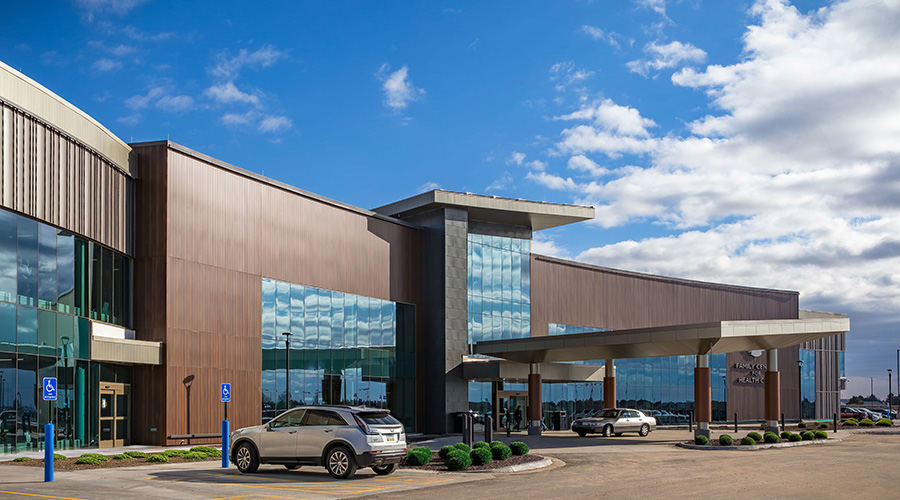A North Korean military intelligence operative, Rim Jong Hyok, has been indicted for hacking into U.S. healthcare providers, NASA, military bases and other international entities, according to KSHB. He allegedly stole sensitive information and installed ransomware to fund further attacks. Hyok is accused of laundering money through a Chinese bank to purchase computer servers and support additional cyberattacks on defense, technology and government entities worldwide. These actions have also disrupted patient treatment in American hospitals.
According to KSHB, Hyok allegedly targeted 17 entities across 11 U.S. states, including NASA and military bases, taking classified information to further North Korea’s intelligence agencies.
Cyberattacks can come from anywhere, including foreign entities. Healthcare facility managers must keep an eye on their “data drip,” or essentially where their data is being shared to, as Charlie Regan, chief executive officer at Nerds On Site, previously told Healthcare Facilities Today.
Related: Healthcare Cyber Incidents by the Numbers
“We can go into a company and find out in 15 minutes you have got data going at 195,000 drips of data every minute,” says Regan. “You have got some going to Poland, you have got some going to North Korea and you have got some going to South Africa. You have clients, trusted suppliers or trusted stakeholders in any of those arenas. If not, then you know that you are experiencing data drip. So, facilities managers must keep a non-stop eye out for the data drip because they must be wary of where the data is ending up is trusted and friendly.”
Additionally, with ransomware attacks such as Hyok used, it is best to keep regular backups of key data so that an organization can still access them even if an attack happens. Ben DeBow, founder and chief executive officer at Fortified, told Healthcare Facilities Today that healthcare organizations must encrypt their data as well.
“One of the challenging things today to with organizations is they have an immense amount of data which adds to the complexity of how you protect all your data,” says DeBow. “I always focus and work with companies on protecting your most important data that runs the business. I call it your ‘Coca-Cola’ secret. Separate from that is making sure that your backup data strategy is also immutable.”
Hyok has yet to be arrested. KHSB reports that a reward of $10 million has been offered for information that could lead to him or other foreign government operatives that target U.S. infrastructure.
Jeff Wardon, Jr. is the assistant editor for the facilities market.

 Assisted Living Facility Violated Safety Standards: OSHA
Assisted Living Facility Violated Safety Standards: OSHA McCarthy Completes Construction of Citizens Health Hospital in Kansas
McCarthy Completes Construction of Citizens Health Hospital in Kansas California Tower at UC Davis Health Topped Out
California Tower at UC Davis Health Topped Out What 'Light' Daily Cleaning of Patient Rooms Misses
What 'Light' Daily Cleaning of Patient Rooms Misses Sprinkler Compliance: Navigating Code Mandates, Renovation Triggers and Patient Safety
Sprinkler Compliance: Navigating Code Mandates, Renovation Triggers and Patient Safety